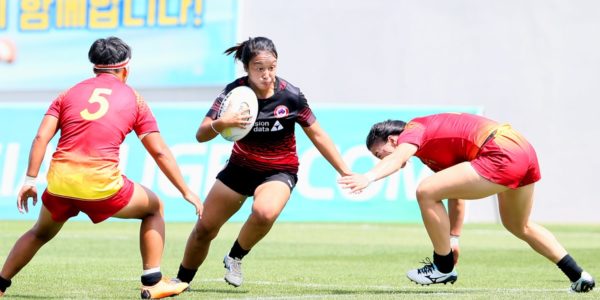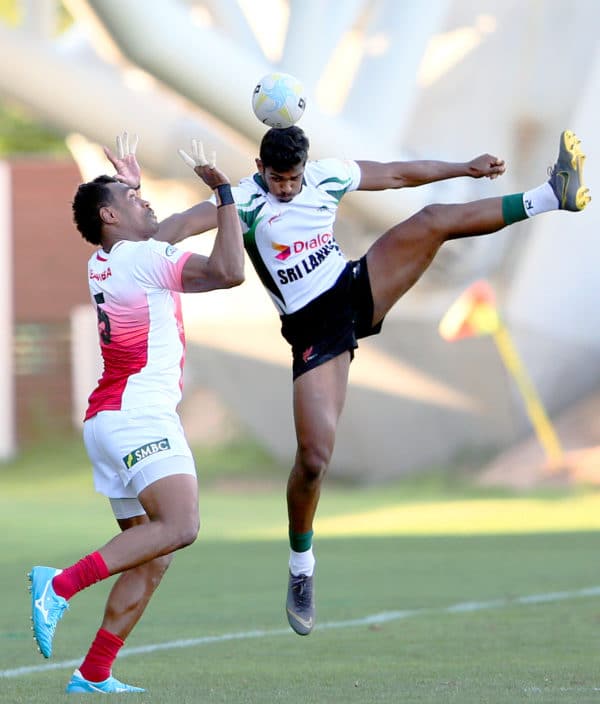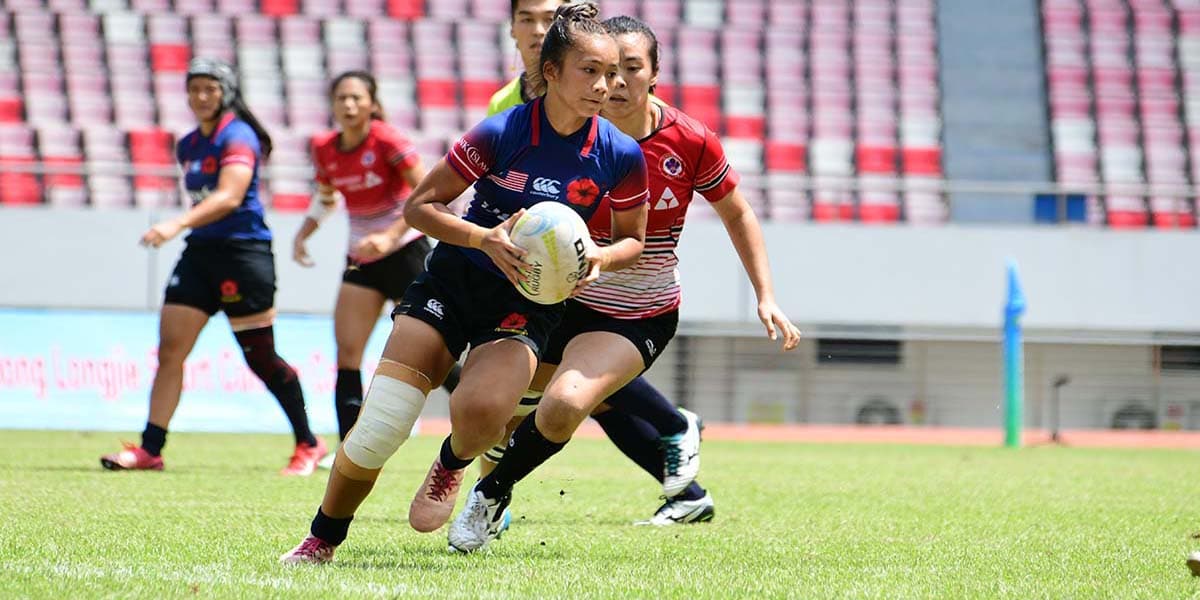Anterior cruciate ligament (ACL) injuries are painfully common in rugby. Rehabilitation can last 9 to 12 months and even with accelerated rehabilitation, it can take 6 months to return to previously attained levels of performance.
Having been on the receiving end of ACL reconstructive surgery, I can vouch that it is painful – both physically and mentally. Not to take anything away from technological advancements which make recovery faster and less painful, but – like in a lot of cases in life – I’m an advocate of prevention being better than the cure.
In rugby, non-contact ACL injuries have been associated with high-impact landing forces. If coaches train players to reduce high-impact landing it could lessen the likelihood of injuries.
As discussed in the last blog, providing too much verbal guidance could result in ‘paralysis by analysis’ – a breakdown in skill as a result of directing attention on how we perform movements. There is a growing body of evidence in support of training skills in a more automated manner (e.g., implicit motor learning). So is there a way to train low-impact landing in a similar ‘more automatic’ way to prevent knee injuries?
Tricia Lee Widenhoefer and colleagues from Trine University in the US investigated this topic with high school rugby players. They trained players on drop landings – jumping off a platform and landing on the floor using either an internal or external focus of attention.
One group was instructed to ‘focus on bending your knees when you land’, thereby increasing focus internally, on how to perform the landing.
The other group was instructed to ‘focus on landing softly’ thereby concentrating externally on the sound of the movement rather than how they should land. Adopting an external focus of attention – on the effect of the movement – should result in athletes performing skills with less conscious control.

Findings revealed that both groups reduced their landing forces by approximately 30% as a result of training. However, when the players were asked to simultaneously perform a cognitive task while landing, the internal focus group increased their landing force by 25%. The external focus group only increased their landing force by 3.7%. Thus, they were able to multi-task while landing more safely than the internal focus group.

In rugby games, players often perform drop landings while also deciding who to pass to, or identifying gaps in the opposition line. Based on the research findings, adopting an external attention focus results in safer landing, especially when multi-tasking.
Given the implications with regard to ACL injuries, practitioners might want to think about how they phrase instructions the next time they are out on the field.
References
Widenhoefer, T. L., Miller, T. M., Weigand, M. S., Watkins, E. A., & Almonroeder, T. G. (2019). Training rugby athletes with an external attentional focus promotes more automatic adaptions in landing forces. Sports biomechanics, 18(2), 163-173.

Dr Neha Malhotra is currently a researcher and Sport Psychologist with the National Youth Sport Institute in Singapore. Her research interest is in motor skill acquisition and performance under pressure, in sporting and other professional (e.g., medical education) contexts.
You can follow her @Nayhamal on twitter. this is from a series of articles Neha Malhotra is writing for Asia Rugby
Other Articles By Neha
https://www.asiarugby.com/category/medical/neha-malhotra/


